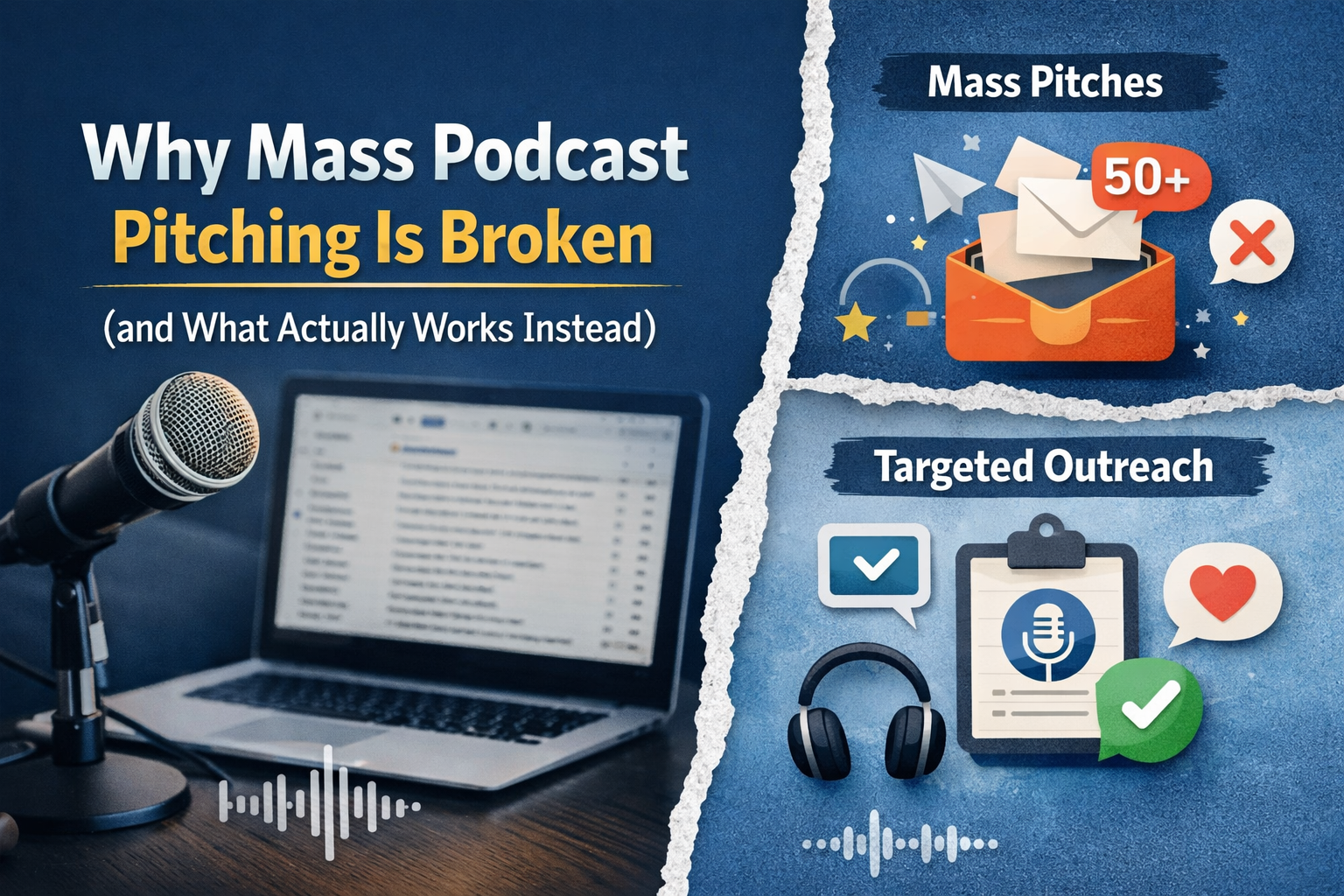So, you're thinking about becoming a podcast guest or maybe you're a host wondering if you need to budget for interviewees? One question pops up constantly: Do podcast guests actually get paid for their time?
It seems like a simple question, but the reality is a bit nuanced, though the general answer is pretty clear. Let's break down the common practices, the exceptions, and why people guest on podcasts if it's usually not for cash.
The Short Answer (Spoiler: Usually Not)
Let's cut to the chase: In the vast majority of cases, podcast guests do NOT get paid money for their appearance.
Think about it like this: Being a guest is typically seen as a promotional opportunity or a way to share expertise with a relevant audience. The podcast host provides the platform, the audience, and handles the production/distribution. The guest provides the content and expertise. It's generally viewed as a mutually beneficial exchange, not a paid gig.
As one commenter on a Reddit forum put it, wanting to get paid to be a guest is kind of like asking a photographer to pay you for the privilege of taking your picture during a photoshoot you commissioned. The value flows primarily to the guest in the form of exposure and connection.
Why Aren't Guests Usually Paid?
Beyond the "exposure is the payment" idea, there are other factors at play:
- It's Not the Norm: The standard industry practice, inherited partly from traditional media interviews, is that guests aren't paid. Most hosts don't budget for it, and most experienced guests don't expect it.
- Focus on Value Exchange: The core idea is collaboration. The guest shares valuable insights, the host provides a platform and audience access.
- Potential Ethical Concerns: As some industry folks point out, paying guests could potentially incentivize sensationalism or blur the lines of editorial control. It could also create a system where only big-budget podcasts can afford top-tier guests, skewing the landscape.
- Logistics: Managing payments, contracts, and tax forms for potentially hundreds of guests adds significant administrative overhead for hosts.
Okay, So Why Do People Guest on Podcasts Then? (The Real Payoff)
If it's not usually about cash, why is getting booked on podcasts such a popular strategy for PR pros, entrepreneurs, authors, and experts? Because the real payment comes in other forms:
- Targeted Audience Exposure: Reaching a niche, engaged audience interested in your specific topic is incredibly valuable – often more valuable than broader, less targeted advertising.
- Authority & Credibility Building: A thoughtful conversation positions you as an expert in your field. It builds trust and credibility in a way few other formats can.
- Content Repurposing: One interview can be turned into dozens of social media clips, blog post ideas, quote graphics, etc., extending its reach significantly.
- Networking: Connecting with the host can lead to valuable relationships and future opportunities.
- Driving Traffic & Leads: Direct calls to action (like mentioning a free resource or website) can drive qualified traffic and potential leads back to your own platform.
- SEO Benefits: Getting mentioned (and potentially linked to) from podcast show notes can provide some SEO value.
- Practice & Message Refinement: It's great practice for articulating your story and message clearly.
For most guests, these benefits far outweigh any potential appearance fee.
Are There Any Exceptions? When Might Guests Get Paid?
While uncommon, there are a few scenarios where payment might occur:
- Celebrity / High-Profile Experts: For huge podcasts trying to land A-list celebrities or world-renowned experts who don't need the exposure, an appearance fee or significant compensation might be negotiated. This is rare.
- Commissioned Content / Sponsorship: Sometimes a brand might sponsor an episode and pay for a specific expert affiliated with them to appear. This is less a guest appearance and more like sponsored content.
- Journalistic Work: If a guest is essentially doing journalistic work for the podcast (e.g., providing extensive reporting or investigation), compensation might be involved, similar to freelance work.
- Explicit "Pay-to-Play" Shows (Warning!): Some less reputable shows might ask guests to pay a fee to appear. As PodMatch founder Alex Sanfilippo points out, this is generally not a best practice and can be a red flag. It turns collaboration into a transaction, and the value proposition for the guest is often questionable. Be very wary of these.
What About the Host? Do They Get Paid?
This is a related question. By default, simply hosting a podcast doesn't generate income. Hosts need to intentionally monetize through things like:
- Sponsorships & Advertising
- Affiliate Marketing
- Selling Their Own Products/Services
- Patreon/Memberships
- Donations
So, while the host might be making money from the podcast overall, it's typically not directly tied to paying individual guests for standard interviews.
Wrapping It Up: Focus on Value, Not Fees
The overwhelming standard in podcasting is that guests are not paid monetarily for their appearances. The value exchange comes from exposure, authority building, networking, and content opportunities.
If you're looking to be a guest, focus on the immense value you gain from sharing your expertise with a targeted audience. If you're a host looking to find guests, focus on providing a great platform and clearly communicating the benefits of appearing on your show.
While rare exceptions exist, expecting a paycheck for a standard podcast interview isn't realistic. The real "payment" is the connection and reach you achieve.
Try us risk free with a FREE 7 days trial.








